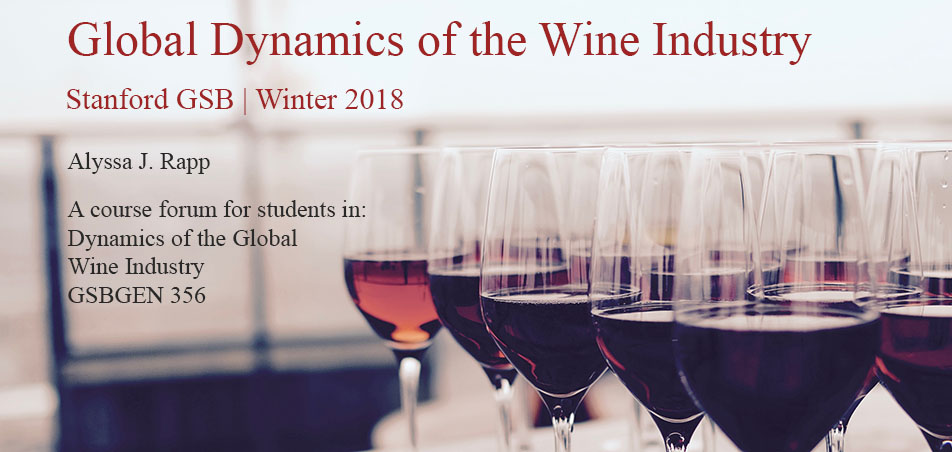So how do you capture the millennial consumer? As we have talked about before, packaging and label design is a huge piece of this game. But what else can brands do to win the hearts and wallets of millennial wine drinkers? Especially brands like Charles Krug that have traditionally appealed more to an older demographic.
The same article on millennial brand loyalty points out a two factors contributing to this trend that could help guide the way brands like Charles Krug win over these consumers:
- Social Proof: "43.5 percent of Millennials said they use social media to spread the word about products or services, meaning that people within any given network have more access to what their friends, family, and acquaintances are buying."
- Authenticity: "Only 1 percent of Millennials say they are influenced in any way by advertising. This means that what the brand has to say about itself and its products is of little to no importance to this generation. What does work, however, is delivering authentic and quality experiences every time the customer has an interaction with your brand, no matter where the encounter happens."
There is a vast array of articles online about how wineries can think about winning over the millennial consumer, without many definitive answers. It strikes me as unsurprising that an industry so entrenched in history and legacy has been slow to keep up with the rapid pace of changing consumer preferences, not preferences for the wine itself, but preferences for how it is marketed and sold.

This comment has been removed by the author.
ReplyDeleteInterested stuff! I'm almost surprised that the Social Proof metric isn't even higher - given the rapid uptake of so many different social media platforms by our generation, I'd expect numbers approaching 60-75%.
ReplyDeleteIt would be an interesting study to dig into what millennials actually define as "authentic and quality experiences". Depending on who you ask, a quality experience could mean the level of customization powered by massive customer datasets controlled by the likes of Amazon or Google or it could be closer to the appreciation for organic, untouched approach to actual wine production. Perhaps the uniqueness of the wine industry will find a way to bridge the two (almost contrasting) approaches?